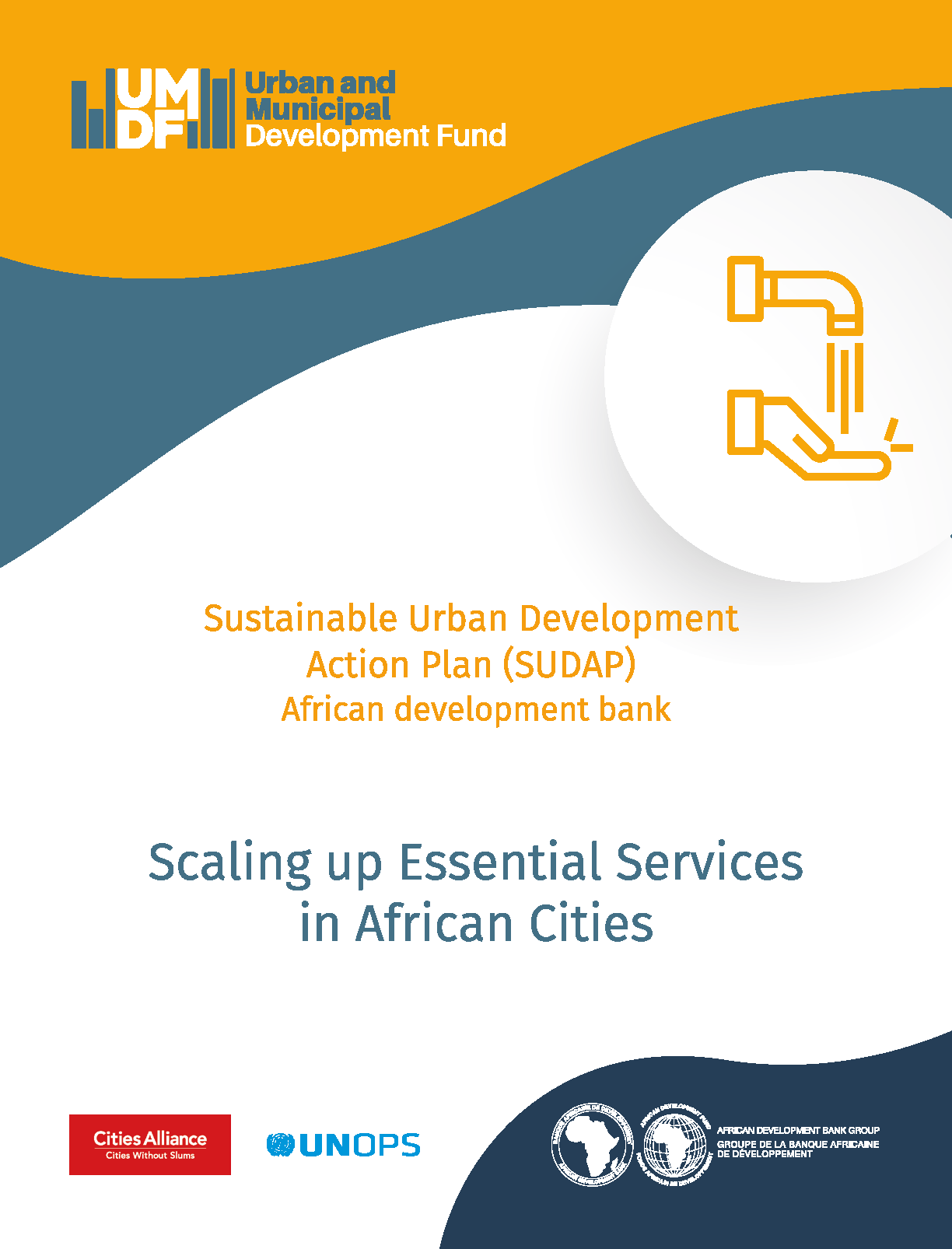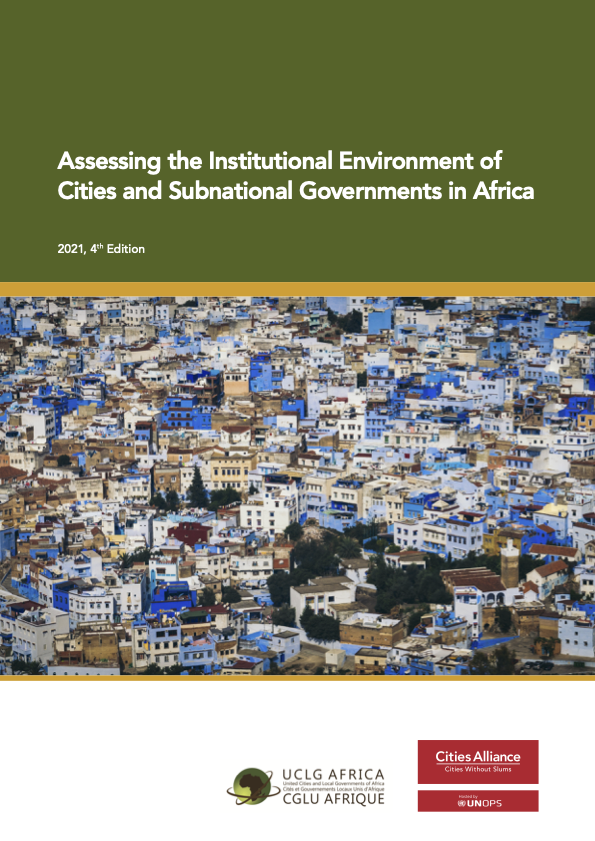- Who We Are
- How We Work
- Portfolio & Results
- Newsroom
- Resources
Urban LandMark Resources: A Handbook on Urban Land Markets for Africa
The handbook introduces key economic and related concepts explaining the functioning of urban land markets. By introducing key classical economic concepts, the handbook provides foundational economic terms that are often referred to in relation to urban land markets. In doing this, we do not imply that African land markets should or ought to 'fit' into neo-classical economic theories, nor do we propose that 'perfect' markets exist. Rather, we hope to provide the tools for engaging in a critical analysis of conventional economics, particularly in our understanding of African urban land markets.
It is intended for use by people in government, private firms and non-governmental organisations involved in the fields of housing, urban planning, engineering, architecture and related areas. It provides a basis for strengthening urban policy in ways that enable poorer people in African cities to access well-located living and work spaces. The reader of this handbook should come away with an understanding of how interventions affect the market, and also how markets affect, enable, constrain and shape interventions by governments, developers, traditional authorities, banks, micro-lenders or any of its actors. It provides a sense of the dynamics of the urban land market - how particular decisions in one sector affect other sectors. This understanding gives practitioners in the field a framework to make more informed decisions when formulating policies or making recommendations.
The handbook is a beginner's guide to the economy, especially those aspects of the economy that are relevant to urban land markets, and to questions about land use, supply and demand as they unfold on the African continent.


